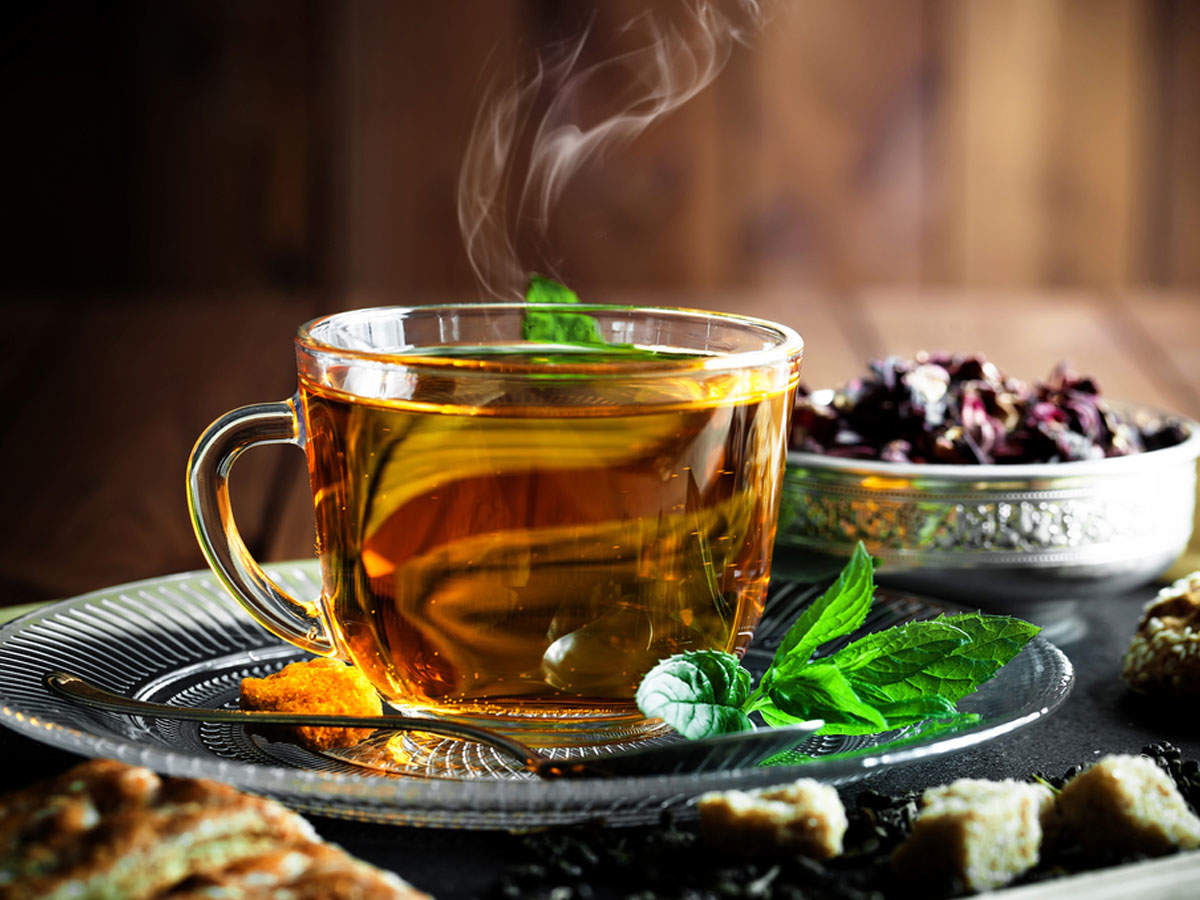Herbal Tea

Herbal Tea is a Green food. Green foods are safe to eat as a regular part of a diet.
Category Quotes
Guideline related quotes related to Beverages and Green throughout Geoff Bond's publications.
One cup is one serving of water, milk, or nut milk. ~Paleo in a Nutshell p.95
Focus on “Green” and “ Green-Amber” beverages. ~Paleo in a Nutshell p.103
Additional Quotes
Specific references to Herbal Tea throughout Geoff Bond's publications.
While our forager forebears had no way of boiling water or making infusions, in this regard we agree with the USDA's advice: Suitable fluids can include tea, herbal tea, and coffee in moderation. In the great scheme of things, caffeine is not a huge issue, but it is wise to go easy on it, since it does interfere with blood sugar metabolism and can irritate many other metabolic functions. ~Paleo in a Nutshell p.50
Do not forget that tea, herbal teas, and coffee are valid thirst quenchers. Cocoa is fine too, but make it with 100 percent cocoa powder (not chocolate mix) combined with water or almond milk. If you like, use a "Green" sweetener or honey. ~Paleo in a Nutshell p.80
Caffeine in coffee and tea is sometimes demonized in health circles. Nevertheless, almost all vegetation contains some caffeine and the body is quite capable of processing it without distress. It is only in certain plants that the concentrations reach mind-altering proportions. In modest quantities, caffeine can give increased mental performance and improve mood. Increasing the dosage can cause some unpleasant symptoms, such as irritability, anxiety, jitteriness, headaches, and insomnia. In addition, at higher doses, caffeine drives up insulin levels, increases insulin resistance, and makes it harder to lose weight. However, the harmful effects of caffeine are reduced when it is present in tea or coffee. Scientists speculate that the other beneficial nutrients in these beverages compensate. Researchers have also found that a high consumption of micronutrient-rich plant food mitigates the harmful effects of caffeine on its own. ~Paleo in a Nutshell p.80
The average cup of American coffee contains 100 mg caffeine, whereas coffeehouse strength can be 180 mg per cup. The caffeine content of tea varies, but it averages about 40-50 mg per cup. There are also about 40 mg of caffeine in a 12-ounce can of cola. In a cocoa drink (2 teaspoons of pure cocoa powder), there are only 10 mg caffeine. Our view is that caffeine in modest amounts is well within the normal range for human consumption. (See "What Is 'Modest' Caffeine Consumption?" below.) For a 165- pound adult, that works out to four cups of American coffee per day or eight cups of tea. Be sensible about it, watch how your caffeine intake affects your mood, and avoid overdosing. If you are diabetic, caffeine in the form of moderate tea or coffee drinking might even be helpful. ~Paleo in a Nutshell p.80
Water should still be the main drink; try carbonated water with a twist of lemon. Unsweetened tea, iced or otherwise, is also okay. ~Paleo in a Nutshell p.107